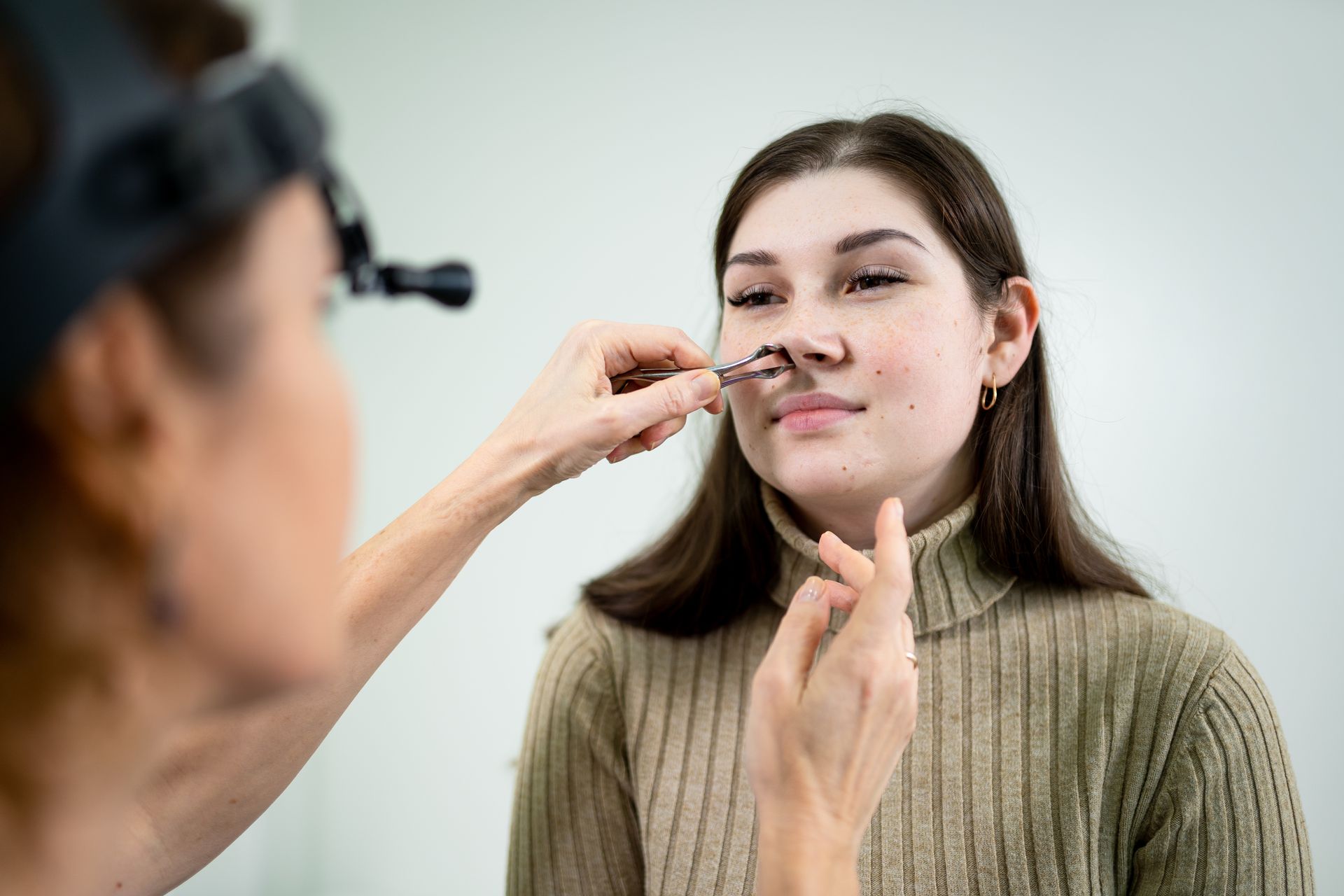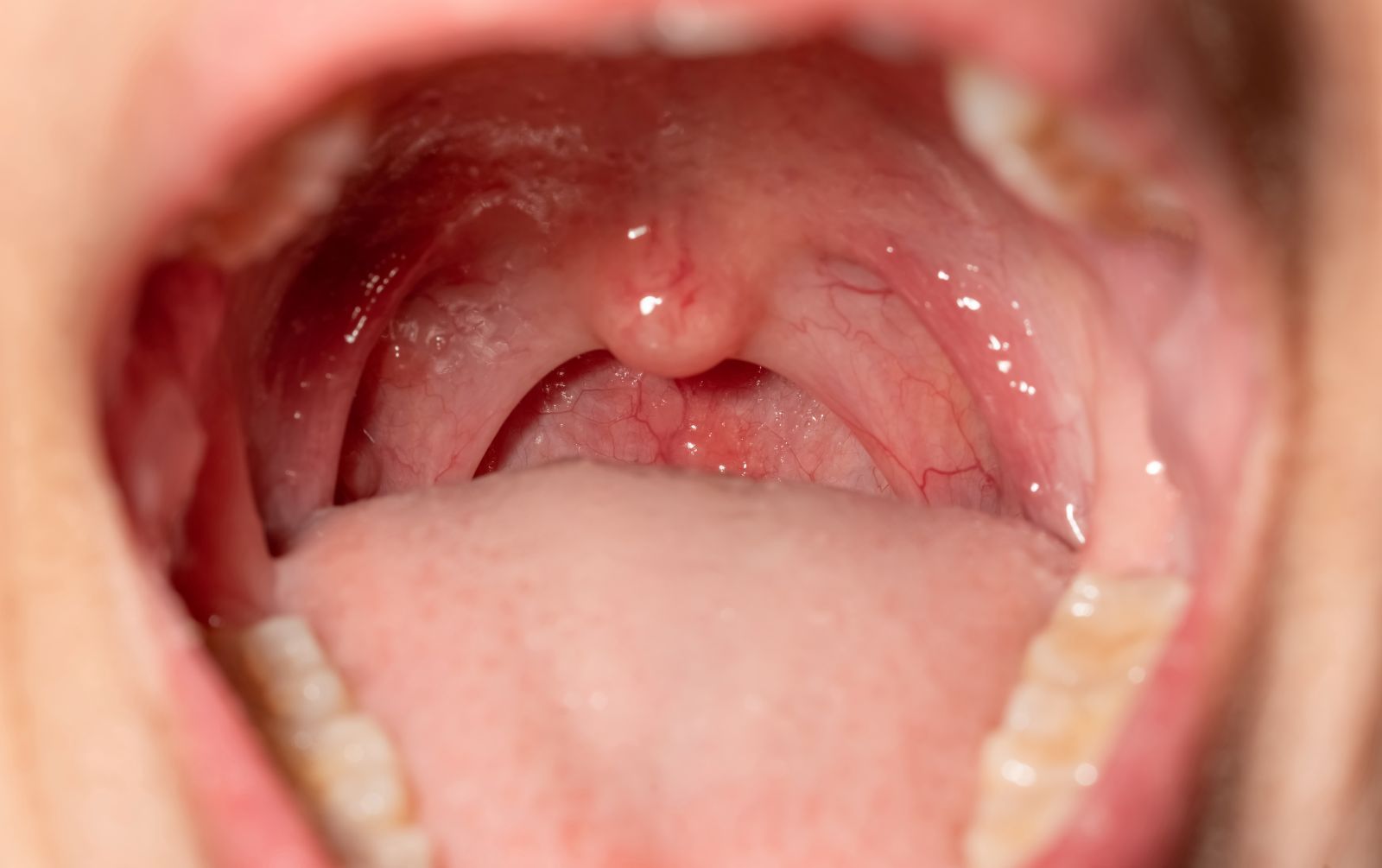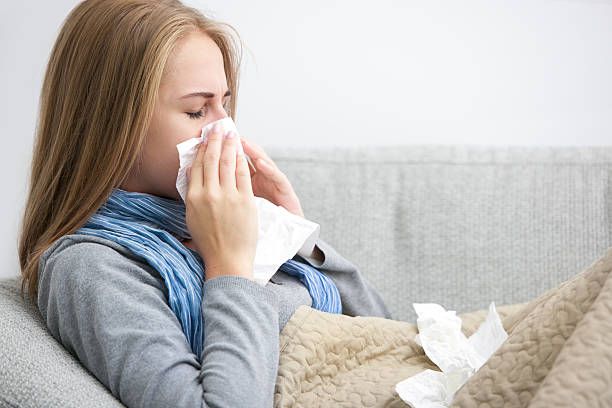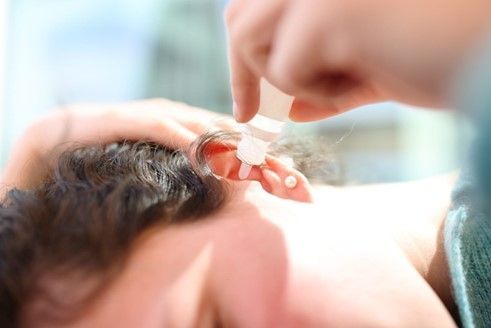Why Do I Keep Having a Runny Nose?
Picture it: your nose keeps running, and it’s starting to get sore from how many times you’ve blown it or wiped it clean. What could be the underlying cause? Getting to the root of the problem means you can treat the symptom and finally give your poor, red nose some relief. Read on to learn not only some common causes for having a runny nose but also how to go about treating it.
What Causes a Runny Nose?
The unfortunate part of having a runny nose is that there can be many causes for it. That’s why seeking a medical professional’s help in diagnosing a runny nose, especially if it lasts for longer than 3–5 days, is always a good idea. However, here are some of the more common causes of a runny nose:
● Acute and chronic sinusitis (a type of nasal and sinus infection)
● Allergies
● The common cold
● COVID-19
● Deviated septum
● Dry air
● Influenza (the flu)
● Overusing decongestant nasal spray (If you’re congested and use a nasal spray to combat such too much, your nose will become runny instead)
If the runny nose is the worst symptom you’re dealing with, then the symptom itself can be treated. However, if the symptom lingers, seeing a doctor for a diagnosis is recommended.
How Can I Treat a Runny Nose?
There are some easy and inexpensive ways you can go about treating a runny nose, and a lot of them have to do with adding moisture to the air. You may have noticed that one of the causes listed above was dry air; the air being dry can make a nose runny, so, therefore, making it moister can help your nose.
Here are a few ways to bring more moisture into the air you breathe:
Use a humidifier.
This is probably the easiest way to go about getting some moisture into the air where you live. A good humidifier will keep moisture in the air so that your nose is not so easily aggravated by the dry air. In the colder months, this is especially helpful, as the cold makes the air quite dry. Just be careful not to overuse the humidifier; if you make your home into a jungle-type of moisture level, you’ll face other problems!
Humidification of your nasal passages.
This can be done using a humidifier or hot shower. When taking showers, make sure the water is hot and your bathroom door is closed. This lets the steam from the shower fill the room. The key is the steam, which is why a cold shower doesn’t help. That’s because the steam helps reduce inflammation and thin out mucus in your nasal passages.
Try a hot compress.
Damp a clean towel with hot water—not boiling, as you don’t want to burn yourself—and place it across your forehead and nose. Once you’ve done so, inhale deeply through your nose so that you can take in the warm, moist air to find relief.
Antihistamine for allergies.
First-generation antihistamines, such as brompheniramine, chlorpheniramine, and clemastine, are preferred because they have been shown to temporarily reduce rhinorrhea, nasal congestion, and sneezing when used as monotherapy, but they seem to work better when combined with analgesics and decongestants.
Ipratropium bromide nasal spray.
This nasal spray is available only by prescription, and it works by preventing the watery mucus that causes runny noses from being produced excessively by the mucus glands in the nose.
While a runny nose can be very annoying; if it lingers for a while, see a specialist like those at Kentuckiana ENT, a Division of ENT Care Center! You can book an appointment, contact them online, or even call them at 502-894-8441 today if you have any questions or concerns.













